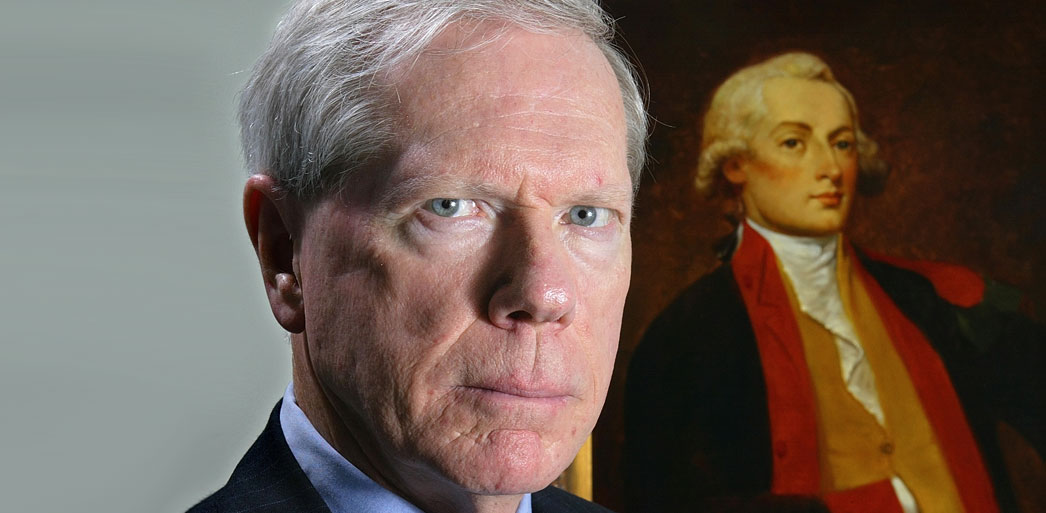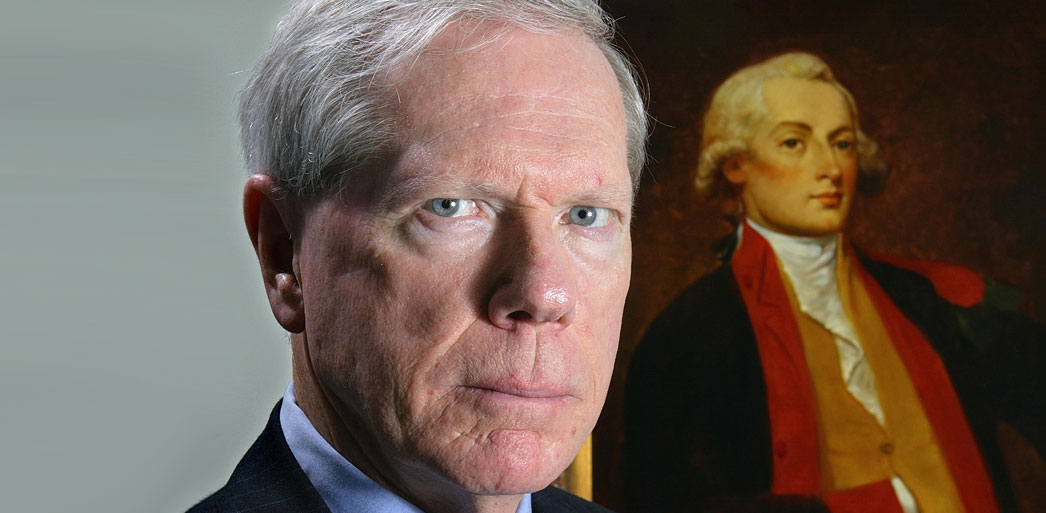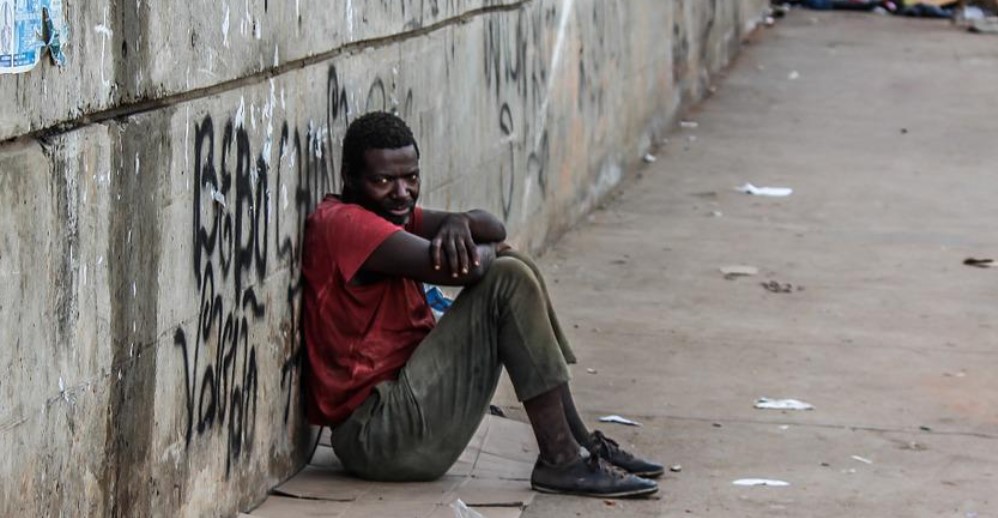Inflation is rising in Kenya
Inflation has hit many countries recently, from the United States to Sri Lanka.
Published: July 19, 2022, 8:39 pm
In Kenya, too, the rising prices of basic commodities have left most citizens wondering what’s going on. The price of a 2kg packet of maize and wheat flour hit 200 shillings (US$2) from a low of 120 shillings in about three months. That is a 67 percent increase. The 12-month overall inflation rate reached 7.91 percent in June 2022.
Politicians eyeing Kenya’s 9 August polls have been offering solutions in exchange for votes.
Kenya’s average annual per capita income is US$5,270. With inflation, citizens lose even this limited purchasing power. The same money buys less. Wages and salaries do not go up fast enough.
Citizens’ discontent can change the way they vote in democratic countries or lead to violence in undemocratic ones. The Kenya African National Union, which ruled the country from independence in 1963, was voted out in 2002 partly because of citizens’ discontent over the state of the economy. And in the US, economic discontent has been a big factor in voting; it led to Donald Trump’s win in the 2016 presidential polls.
That’s why politicians are so quick to promise relief.
But can they provide it? The two key drivers of inflation in Kenya’s consumer price index are food and energy.
Russia’s war on Ukraine has raised the price of oil to the highest level in history, which spills over to the rest of global economy. And about 30 percent to 50 percent of Kenya’s imported wheat comes from Russia and Ukraine. Ukraine is exporting 60 percent less wheat this year compared with 2021, leading to a rise in price of wheat and its derivatives like bread.
Unreliable rains have cut domestic production of maize and other food crops in Kenya. Production is about 15 percent to 20 percent below the five-year average.
Some of the drivers of Kenya’s inflation are local while others are external and beyond its control. My view, based on my analysis of the Kenyan economy and other countries, is that inflation can be managed but there are no quick fixes.
Drivers of inflation
In Kenya, a confluence of many factors has inflated prices, particularly after the Ukraine war and the pandemic.
One is elections. Lots of money is spent during electioneering. Some of it is just given out with no commensurate productivity. Kenya saw this in 1990, when money in circulation rose before the 1992 elections and so did the rate of inflation.
The second factor is corruption and mismanagement. Whether it’s in procurement where prices are inflated, or when goods are not supplied or substandard ones are supplied, consumers pay the price.
The cost of corruption to the economy has been put by President Uhuru Kenyatta at 2 billion shillings, translating to about 7 percent of GDP annually.
If people make illegal water or power connections, honest people pay for that. If a tender for building a road is inflated, someone pays for it. If government and its agencies over-employ, someone pays for that. If it takes longer to get services like port clearance and building approvals, someone pays for it. If bribes are exchanged, someone pays for it. The 50-shilling note given to police at a roadblock is paid by someone else.
A third driver of inflation is a weak currency. Kenya’s currency has declined by 3.5 percent since the start of the year, partly because of decisions taken in other countries that affect the value of their currencies.
A fourth driver of inflation is tax. It raises the price of goods and services. The Finance Act 2022 brought in new taxes and raised the rates of other existing ones. It seems the government did this to raise money without incurring more debts.
Fifth is market structure. Lack of competition in some sectors makes it easy for owners (or cartels) to raise prices. Kenya has a Competition Authority but its reach and effect have not been felt.
What can be done
In Kenya, politicians have proposed a number of solutions, some vague, others unsustainable.
Price controls are the most popular with politicians because you are seen to be doing something. But that will make matters worse by creating shortages. Suppliers will not take goods and services to the market if they can’t make a profit.
Subsidies have to be paid by someone. They often penalise efficiency and they can distort the market with overproduction and vested interests. They are also hard to implement. For example, the price of maize flour has suddenly been cut by more than a 100 percent, from Ksh 210 to 100. How will the government ensure this passes to consumers without creating shortages? Price police?
Raising interest rates can reduce money in circulation and cool off the economy. But Kenya is still largely an informal economy with 80% of jobs outside formal set-ups. Operators in the informal economy don’t always borrow through formal channels, so adjusting interest rates has limited impact.
Kenya could increase the supply of basic commodities by allowing competitive importing of maize and wheat. The increase in supply would reduce the price. Competition is one of the most powerful weapons against inflation.
In the long run, Kenya must produce more of whatever is in shortage. For example, Kenya produces only 39 percent of its national wheat consumption. Land for agriculture is being put into alternative use or is subdivided.
Productivity is key in reducing inflation. High productivity rides on innovation and efficiency, which should be encouraged. Increasing productivity takes time. You have to redesign factories, irrigate new land, try new crops or animal breeds, put money into research and development and change national culture to focus on efficiency while cutting red tape and bureaucracy. You have to come up with new and enforceable laws to create competition.
Voting is a few minutes’ business but taming inflation takes a long time. The politicians can make their promises, but they can’t beat the market and its laws.
Prof XN Iraki has over 20 years experience in academia, research, consultancy and media. He is currently an associate professor at the University of Nairobi.
All rights reserved. You have permission to quote freely from the articles provided that the source (www.freewestmedia.com) is given. Photos may not be used without our consent.
Consider donating to support our work
Help us to produce more articles like this. FreeWestMedia is depending on donations from our readers to keep going. With your help, we expose the mainstream fake news agenda.
Keep your language polite. Readers from many different countries visit and contribute to Free West Media and we must therefore obey the rules in, for example, Germany. Illegal content will be deleted.
If you have been approved to post comments without preview from FWM, you are responsible for violations of any law. This means that FWM may be forced to cooperate with authorities in a possible crime investigation.
If your comments are subject to preview by FWM, please be patient. We continually review comments but depending on the time of day it can take up to several hours before your comment is reviewed.
We reserve the right to delete comments that are offensive, contain slander or foul language, or are irrelevant to the discussion.

The inflation hoax
Yes, prices are rising, but not for the reasons the Federal Reserve says. When I say inflation is a hoax, I mean the purported cause is a hoax. The Fed is fighting a consumer inflation, a “demand-pull” inflation. But what we are experiencing is a supply-side inflation caused by the Covid lockdowns and economic sanctions that closed businesses, disrupted supply chains, and broke business relationships while reducing energy supplies to the UK and European countries, thus forcing up costs in a globalized economy.

Two-Party Pox: The Republicans suck and the Democrats want to kill you
The Republican Party has never stood up for Americans, will never stand up for them and is not going to do what it takes. Past is prologue.

Russia’s loss at Kharkov highlights crippling shortage of men
KharkovThe frontline in this case relied on heavily outnumbered 2nd rate Lugansk draftees plucked from the LPR.

A country without an honest media is lost
For some time I have reported to you that in place of a media, a media that our founding fathers relied on to protect our society, the United States has had a propaganda ministry whose sole purpose is to destroy our society.

Sweden’s decaying democracy
A journalist is arrested and dragged out of the Gothenburg Book Fair because he politely asked a powerful politician... the wrong questions about his support for the ethnically-cleansed Zimbabwean dictatorship. Not only journalists, but academics and bloggers are being hounded by the leftist establishment daily. And the leftists have all the nasty instruments of the state at their disposal. Citizen reporter Fabian Fjälling looks into their excesses.

The geopolitical future of Nordic countries
Between unity and disunity, independence and foreign interference: Nordic countries have to either choose between creating an independent neutral block in the North, or seeing the region being divided between the great powers.

Russian, Chinese intelligence: ISIS heading for Central Asia with US cover
Operatives of the crumbling Islamic State in Syria and Iraq (ISIS) are moving to new battlegrounds near the Russian border, intelligence sources have revealed.

The unraveling of US/Russian relations
Washington has taken nuclear war against Russia from a hypothetical scenario to a real danger that threatens the future of humanity.

Hero commander killed in Syria – when the war is nearly won
For most Syrians it came as a shock: One of the most popular military commanders of the Syrian Arab Army, Issam Zahreddine, was killed on 18 October 2017.




No comments.
By submitting a comment you grant Free West Media a perpetual license to reproduce your words and name/web site in attribution. Inappropriate and irrelevant comments will be removed at an admin’s discretion. Your email is used for verification purposes only, it will never be shared.